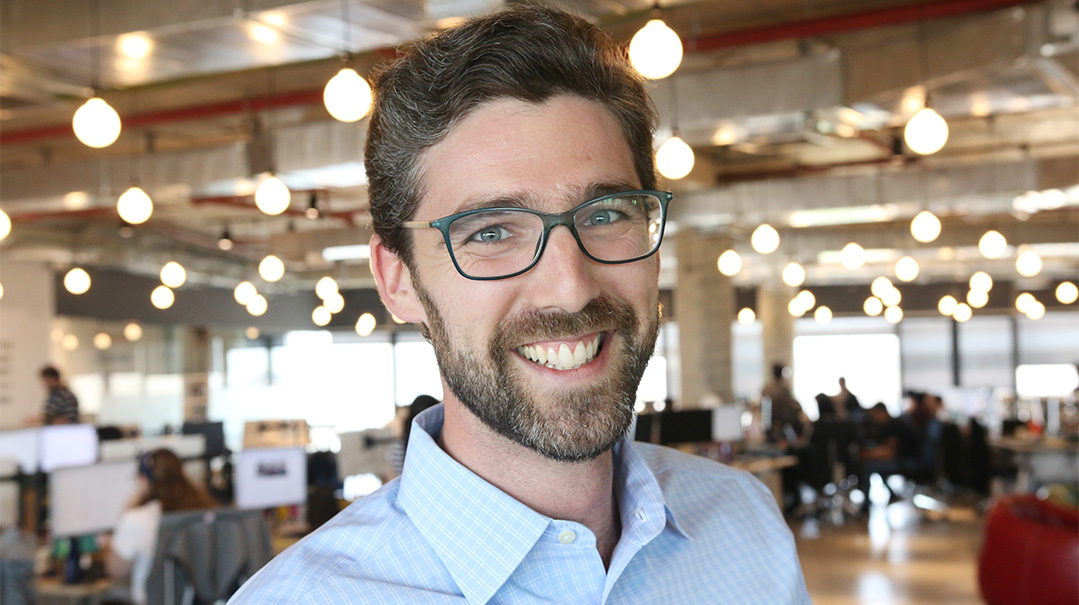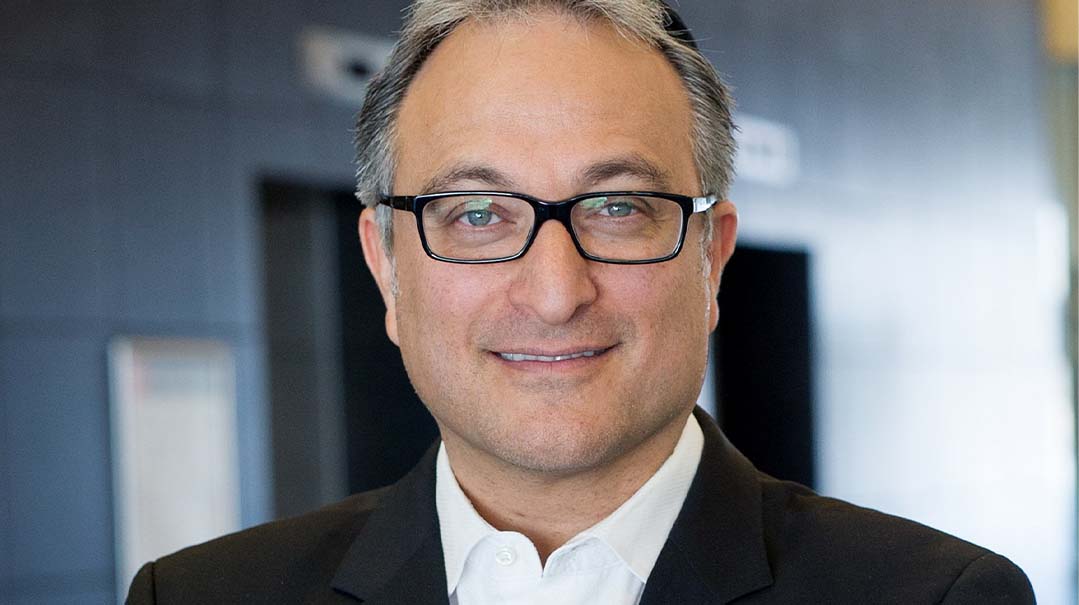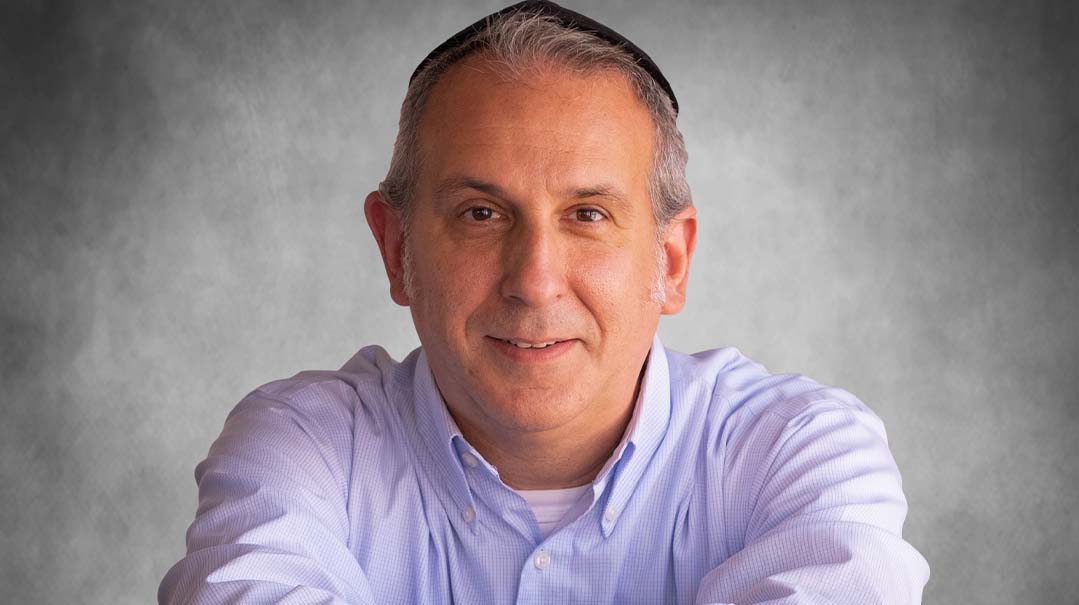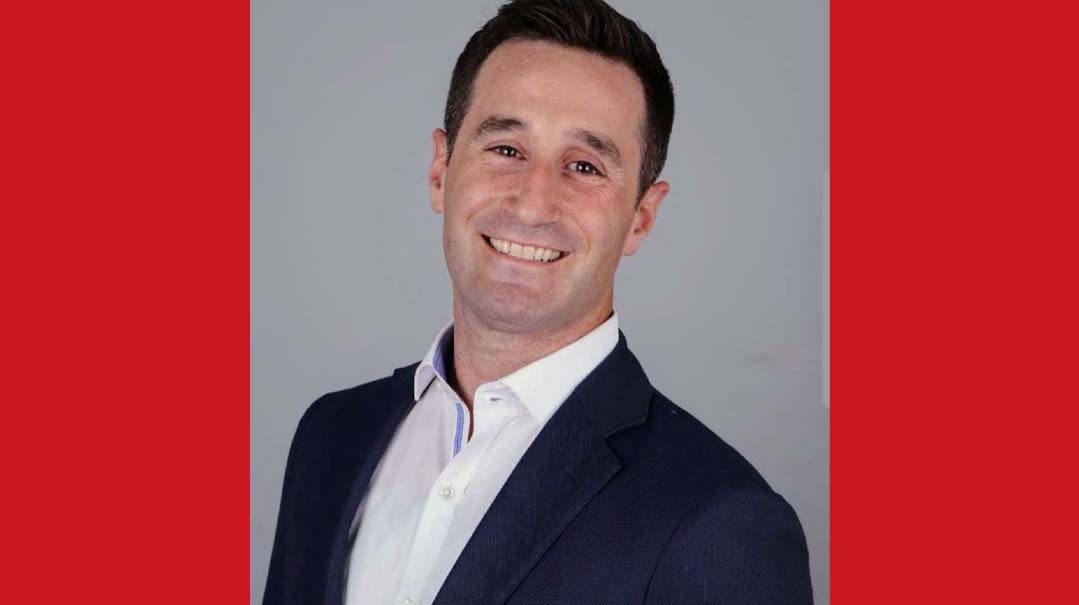Work/Life solutions with Israel “Yummy” Schachter

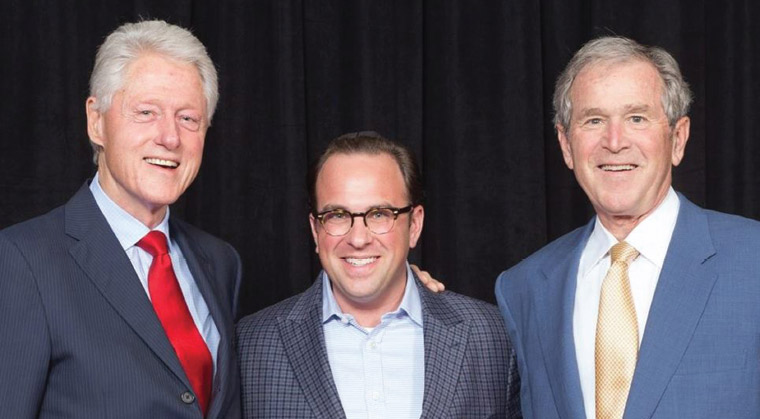
Who
Israel “Yummy” Schachter, co-founder and CEO of Charity Bids
What
Yummy launched one of the most fascinating companies I’ve ever heard of. He creates exciting trips and celebrity experiences as prizes in live, silent, and online charity auctions. Not only does he arrange trips to Wine Country and Tuscany, but he can also arrange for donors to play golf with a former US president, attend a basketball game with Michael Jordan, or tour the Space X facilities with Elon Musk!
Where
Yummy is a son of Rav Hershel Schachter, rosh yeshivah and rosh kollel of Yeshiva University. He grew up in New York, lives in Toronto with his wife and children, and spends much of his time with clients all over the world. He’s also the guy behind the shivah video, “Shtick Yeshivish People Say At Shivas,” the one Bibi Netanyahu was talking about when he was sitting shivah. And if you’re Chabad, you may have heard him speak at the Kinus HaShluchim last year.
Why
Not many people I know can maintain personal relationships with politicians, celebrities, and philanthropists while remaining a growth-oriented, Torah-centered Jew. Moreover, Yummy leverages his charity experience and network to raise money and awareness for countless Jewish causes, including Chai Lifeline, Kids Kicking Cancer, Shalva, United Hatzalah of Israel, Leket Israel, NCSY Canada, and Torah High.
When
Yummy has been one of my role models for a while (he didn’t even know it!), and we finally had the chance to connect on a deeper level through this unique conversation, where he shared his words of wisdom:
1 of 9 What opportunities or personalities played a key role in your career path?
I hope this isn’t disappointing, because with two master’s degrees — in education and in business — and all kinds of contacts, you’re probably expecting something exotic. The truth is that my parents were the ones with the biggest impact on my career path. Growing up, my eight siblings and I traveled with them as they visited communities around the world, and we learned about the importance of the global Jewish community.
Naturally, I began getting involved with charities when I was young. In fact, the annual Chol Hamoed Succos concert in Jerusalem benefitting United Hatzalah of Israel is something I started 17 years ago when I was still in college. Sing for the Children is an annual event at the famous Roy Thomson Hall in Toronto; I started that in 2008 and have been producing a different event there every year since. This year, we raised $750,000 for Chai Lifeline Canada. Through these and other initiatives, I’ve raised tens of millions of dollars for organizations close to my heart.
Truth is, I never planned to go into a business that had anything to do with charity fundraising, but when I finally did start my business in 2008, I had a leg up on all the competition. Having been immersed in the field for so long, I understood the needs and wants of charities, donors, event coordinators, volunteers, and everyone in between in a way most others do not. Also, all the years I was doing nonprofit stuff for fun, I built strong relationships with individuals and corporations who are otherwise unapproachable, and once I started my business, I was able to lean on a lot of the contacts I had made over the years — not that it was ever my intention. If you try to cold-call a celebrity, major studio, or production company, it’s unlikely you’ll be successful; having an established reputation or a personal relationship is a game changer, and that’s why CharityBids can create one-of-a-kind experiences with many of today’s most notable personalities and celebrities — because we have deeper access and further reach.
In his book Outliers, Malcolm Gladwell suggests that it takes 10,000 hours of practice to become world-class in any field. Thanks to my parents and our upbringing, I had my 10,000 hours of practice while I was still in diapers!
2 of 9 Which three character traits have played a key role in your success?
How about I’ll list traits I strive to live up to, traits I’ve seen my father master? The first: ameilus, or persistence. “Al taamin b’atzmecha ad yom mos’cha.” Even if you’ve already established yourself as one of the greatest in your field, don’t get too comfortable, and don’t let it get to your head. There’s always room for growth. Work hard, and don’t waste time. I’ve never, not once in my life, seen my father waste a second. Sitting around doing nothing just doesn’t work for me — I’m not saying I don’t waste time, but I’m constantly thinking of new ways to build my business.
The second: Respect. “Yehi kvod chavercha chaviv alecha k’shelach.” My father speaks with the world’s greatest minds in the exact same way he speaks with high school kids. I try to treat everyone with humility and dignity, like he does. No matter how big or small a client of mine is, I try to make them feel that they’re the most important thing in the world to me — because they are. To date, I’ve never lost a client or a relationship, and I attribute that mostly to this.
I remember as a kid complaining to my father about some of the YU security guards. They knew us by name, but they’d still ask for ID whenever we entered the buildings. My father would tell me, “They don’t realize they can show their authority by saying yes.” By insisting on ID each time, the security guards were wielding their power — they decided who got into the building and who didn’t, but they could have shown authority in a nice way, too, and not ask for ID. Same in business: You don’t need to be a jerk or build a reputation as a ruthless shark to show you’re in control. Through some of the toughest negotiations and business dealings, I try to get what I want by being the nice guy — people have an easier time giving in when they like you. Not to mention that strong personal relationships make for stronger business.
The third: Integrity. There are no shortcuts to success. My father is so anti-shtick — he’s all truth, all day, no tricks, games, or loopholes. I actually think that’s how he’s able to ignore anything negative said about him. Whenever I brought up to him that he and his positions were violently attacked by individuals or publications, he’d respond: “I didn’t even read it. Why do you waste your time reading that? You have nothing better to do?” When everything you do and everything you stand for is completely l’sheim Shamayim and comes from a place of total truth, you never have reason to worry.
4 of 9 What was your most resounding failure?
Gosh. I’ve had so many! I’ve started and closed so many companies and projects over the years, I wouldn’t know where to begin. But I can tell you that almost every business failure I’ve had was a result of my making the same mistake. When I was young and stupid — not too long ago — I would chase every idea and dream I had. My personality is innovative, curious, the get-it-done type, so anytime a new idea popped into my head, I’d try to make it happen without necessarily taking the proper time to do it right. What I’ve learned is that you need to stay focused — you can’t be the best at everything. Find the thing you’re great at, make sure it’s something you love, and stick to it. When you become successful enough, you can always invest in other ideas, but until you get to that point, don’t lose focus.
7 of 9 If you were asked to deliver a TED Talk, what topic would you choose to speak about?
Focus — I have so much to say about it. Assuming they invited me back a second time, I’d likely speak about my most important principle: that you don’t need money to be generous. This is yet another thing I learned at home: There are two types of people in this world — givers and takers. Be a giver — a smile, your time, a business lead, an introduction, advice. And be generous, give unconditionally. Don’t worry about what’s in it for you or how helping someone else might affect your own contacts or business or whatever else. Leave the scorekeeping to G-d.
9 of 9 What dos and don’ts would you share with someone hoping to launch a career as an entrepreneur?
Be a mensch. Be patient. Be different. Be honest. Be humble. Be strategic. Be grateful. But I said those already. How about, be careful what you put in writing? Don’t be greedy. Don’t act out of anger. Don’t be too smart. Don’t cut corners. Don’t give up on your dreams. Don’t get too comfortable. Most important, don’t forget the source of all struggles and successes. Hashem is the ultimate provider — anything that happens in business, good or bad, comes from the same Source. Things won’t always go the way you planned: You’ll spend months putting a deal together and it will fall apart at the last minute; you’ll have a brilliant plan for business expansion and the government suddenly changes regulations, causing you to have to shut down the business entirely; you’ll find out that people you trust have been stealing from you, lying to you, or taking advantage of you. No matter what happens, if you remember Who is really in charge, you’ll never have a bad day at the office!
Originally featured in Mishpacha, Issue 722. Moe runs business development for Hometalk, where he spearheaded influencer partnerships that generated 700 million video views. He holds an MBA and semichah, and published his first book, The Gift of Stuttering (Mosaica Press, 2016). He also teaches a Daf Yomi shiur, produces inspirational videos for Aish.com, and gives lectures to audiences worldwide. Moe lives in Ramat Beit Shemesh with his wife and children.
Oops! We could not locate your form.







